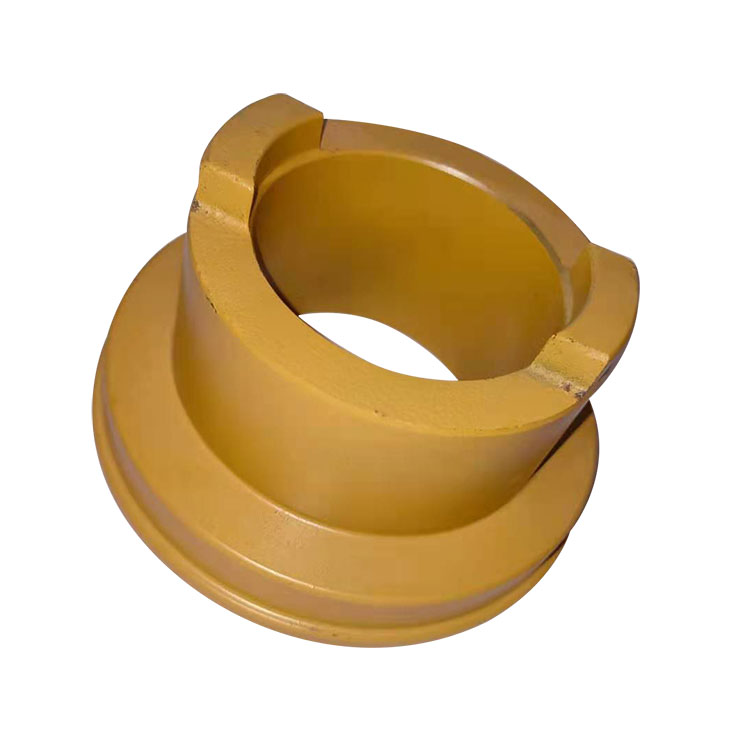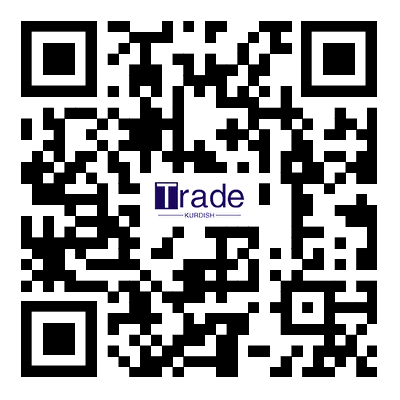What quality control measures of steel bushings should be expected from a reliable supplier?
2023-10-17
From a reliable supplier, customers should expect rigorous quality control measures for steel bushings to ensure that the products they receive meet the highest standards of quality, safety, and performance. These quality control measures are put in place to identify and prevent defects, inconsistencies, and non-compliance with specifications. Here are some key quality control measures that customers should expect from a reliable supplier:
1. Material Inspection: The supplier should perform thorough material inspections to verify the quality and suitability of the raw materials used in the production of the products, such as steel for bushings. This includes checking for material composition, hardness, and other material properties.
2. In-Process Quality Checks: Throughout the manufacturing process, the supplier should conduct regular inspections and tests to monitor product quality at different stages. This helps identify and correct any issues early in the production cycle.
3. Dimensional Checks: Products should undergo dimensional checks to ensure that they meet the specified size, shape, and tolerance requirements. This is crucial for components like steel bushings, where precise dimensions are essential for proper fit and function.
4. Performance Testing: The supplier should conduct performance testing to validate the functionality and performance of the products under expected operating conditions. For steel bushings, this may include load tests, wear tests, and friction tests.
5. Surface Quality Inspection: Visual inspection and surface quality checks are essential to identify any surface defects, scratches, or other imperfections that could affect the product's performance or appearance.
6. Documentation and Traceability: A reliable supplier will maintain comprehensive documentation and traceability of the manufacturing process and materials used. This ensures transparency and accountability in case of any issues.
7. Compliance with Standards: The supplier should adhere to relevant industry standards and certifications, ensuring that the products meet or exceed the required quality and safety standards.
8. Packaging and Shipping Quality: Proper packaging and handling during shipping are crucial to prevent damage to the products. A reliable supplier will take care to package and ship products securely to avoid any transportation-related issues.
9. Customer Support and Feedback: A reliable supplier will value customer feedback and address any concerns promptly. They should have excellent customer support to assist customers with inquiries and after-sales support.
10. Continuous Improvement: A quality-conscious supplier should be committed to continuous improvement. They should regularly review their quality control processes and take corrective actions to enhance product quality and customer satisfaction.
By implementing these quality control measures, a reliable supplier demonstrates their commitment to delivering products that meet the highest standards and customer expectations. Customers can have confidence in the reliability, safety, and performance of the products they receive from such suppliers.



